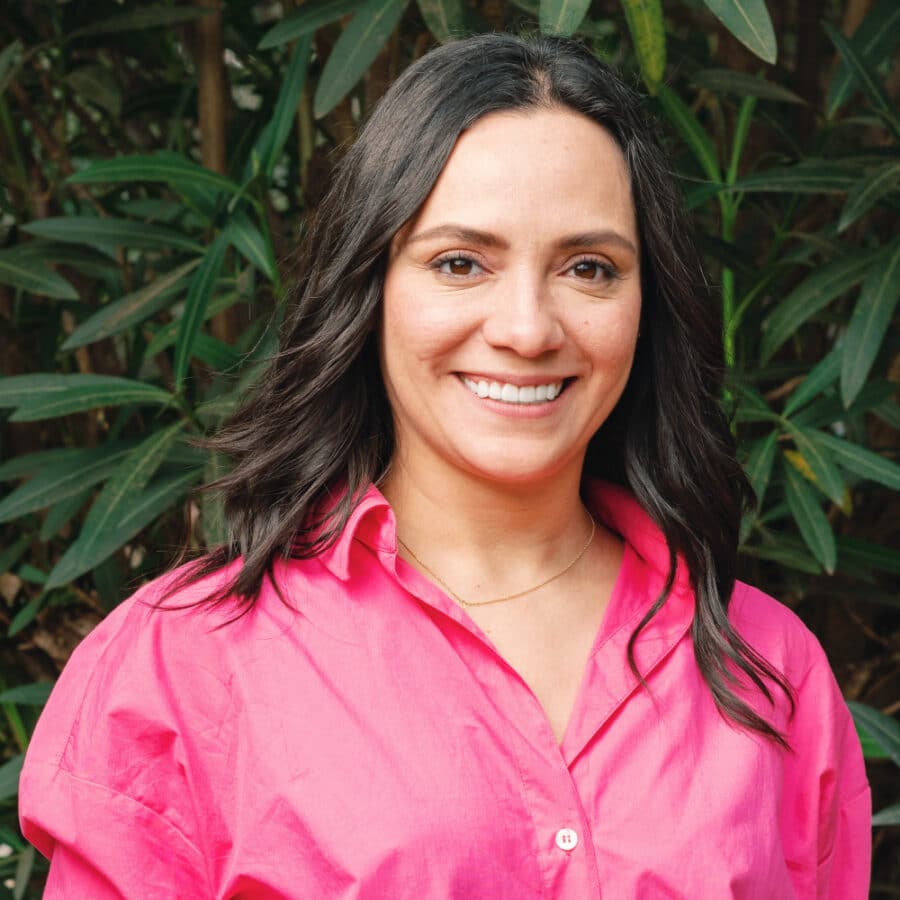Tania Espinosa Sánchez
Latin America Coordinator, Law Programme
Latin America Coordinator, Law Programme

In WIEGO I have understood, through practice, the huge value of working with a bottom – up approach. Positioning workers and their daily struggles at the center of our work while making use of our technical skills, can make social change a reality.
International human rights law; Inter-American Human Rights System; Economic and Social Rights; Waste pickers & human rights in Latin America; Policies and procurement of public services with a human rights-based approach; Social movement lawyering.
As the Latin America Coordinator for the Law Program, the focus of my work is on demonstrating the systematic human rights violations that waste pickers and street vendors face in the Latin American region.
Tania was born and raised in Mexico City. She studied law at Universidad Iberoamericana in Mexico City and has a Master’s Degree in International Legal Studies from The Fletcher School of Law and Diplomacy – Tufts University in Massachusetts, US, where she developed her thesis about the labour rights of informal workers within Mexico City’s waste management system. Since 2005 Tania has practiced international human rights law and since 2013 she has focused on labour rights in the waste pickers’ sector.
Tania started working at WIEGO in 2015; she was appointed Focal Cities Coordinator for Mexico City in 2017, where she accompanied several informal workers’ movements, and in 2023 she was appointed Latin America Coordinator for the Law Program.
As a human rights lawyer, she has also worked for Mexico’s Ministry of Interior Human Rights Office (2008 – 2011) and as a consultant for the Inter-American Commission on Human Rights in Washington, D.C. (2013). Since 2016 Tania has been a member of the board of the Human Rights Commission of Mexico City and in 2021 she was elected as a member of the board of the National Human Rights Commission in Mexico by the Senate.
2023. Waste Pickers and Human Rights in Latin America.
2015. Medidas cautelares para trabajadores informales.
2023. Lxs Rifadxs de la basura documentary.
2021. The Protection of Human Rights in Contexts of Informal Employment, Poverty and Vulnerability. Mexico’s Supreme Court of Justice.
2021. Right to the City: Informal Workers and Public Space in Mexico City.